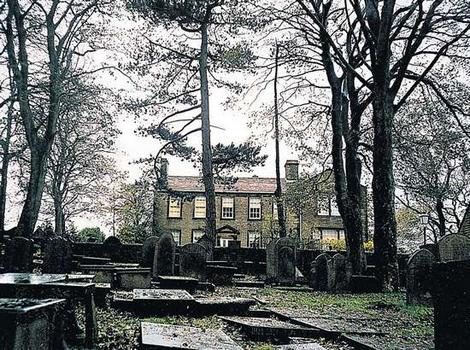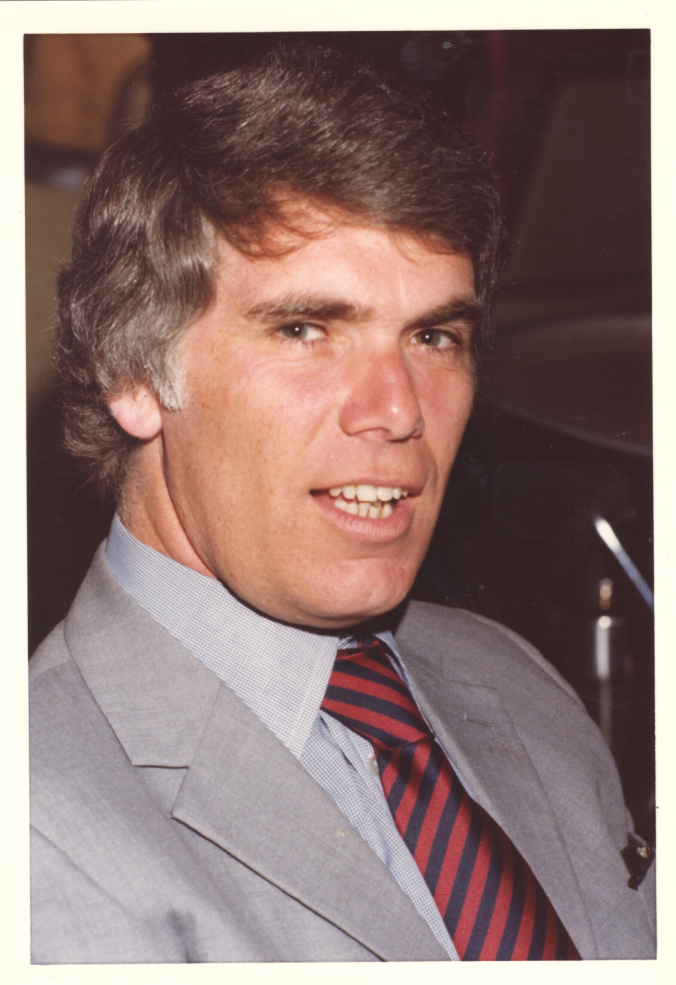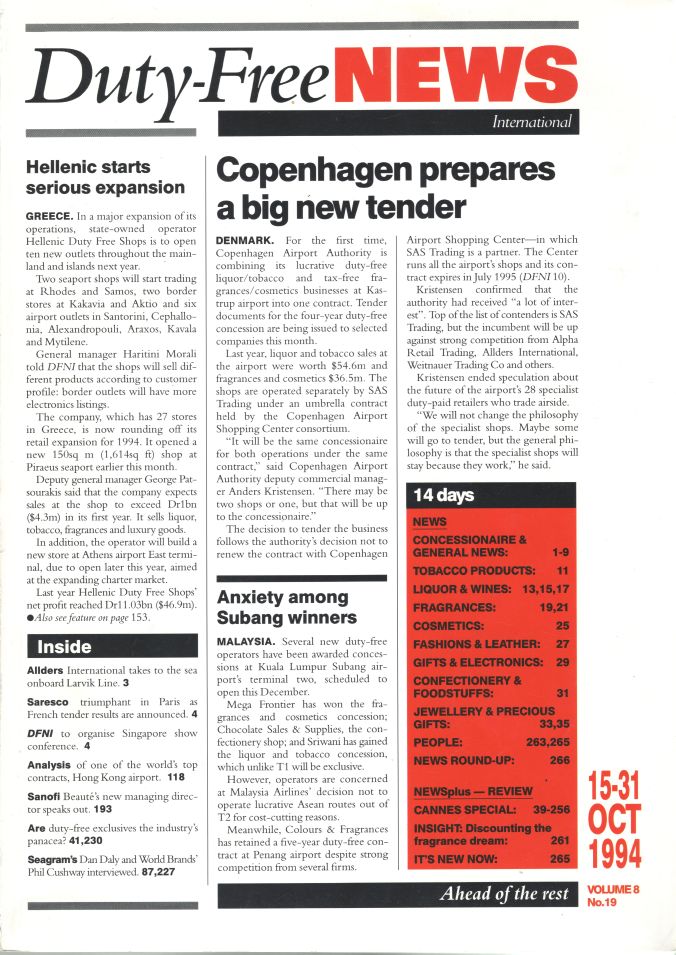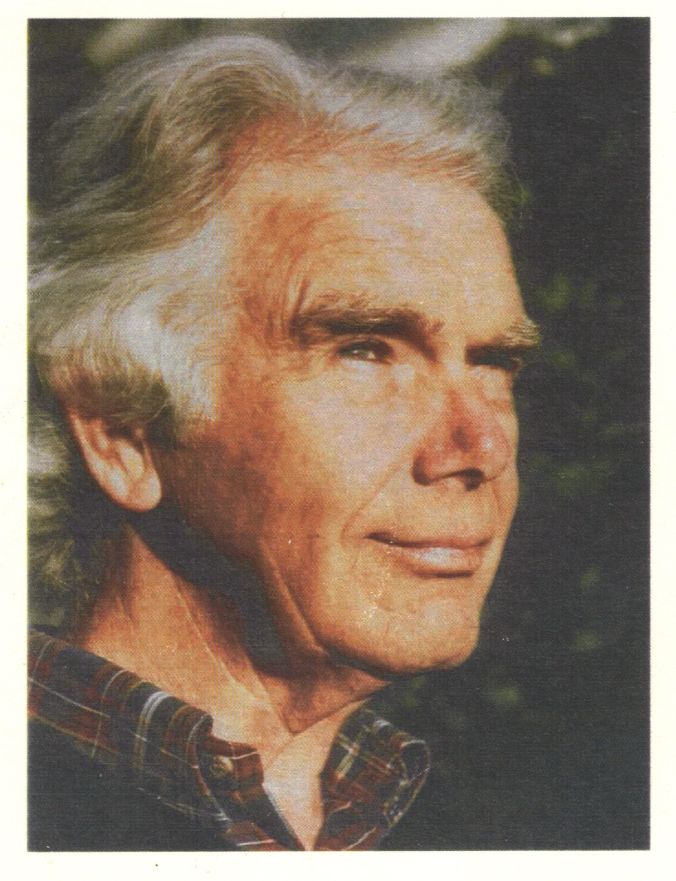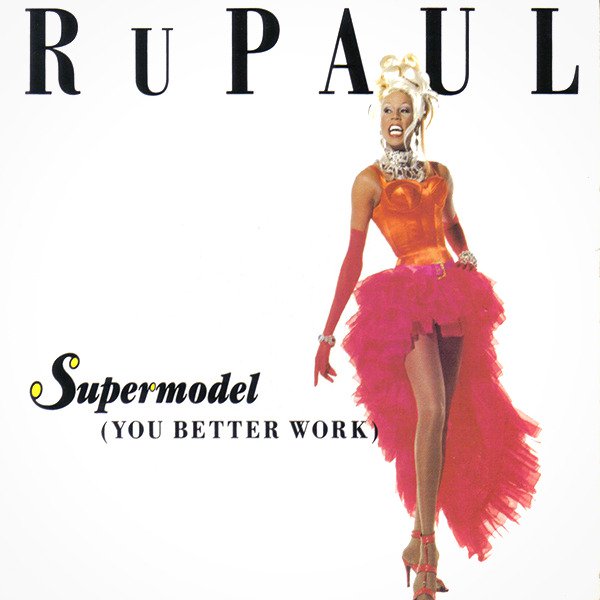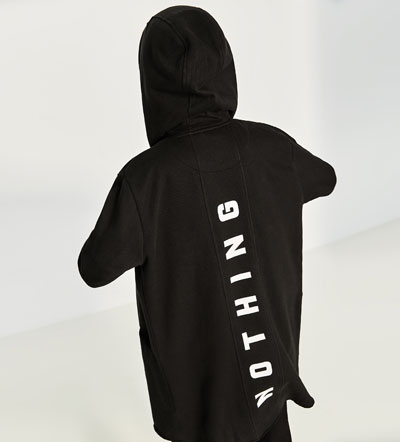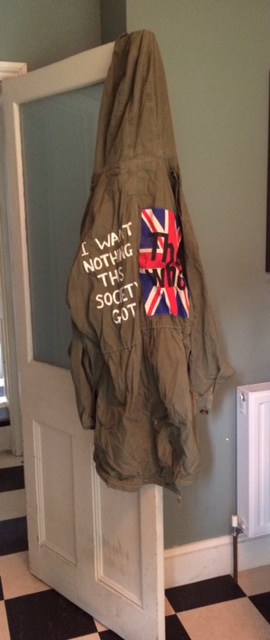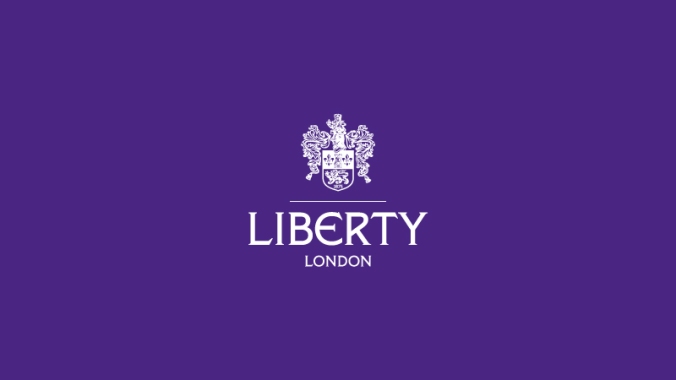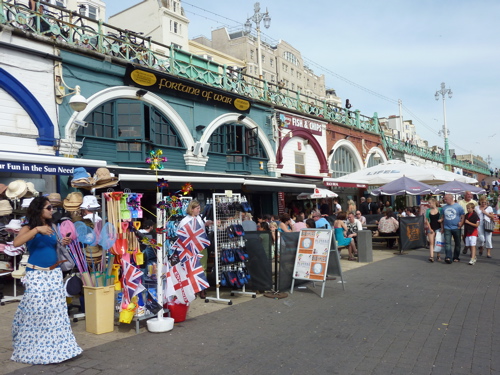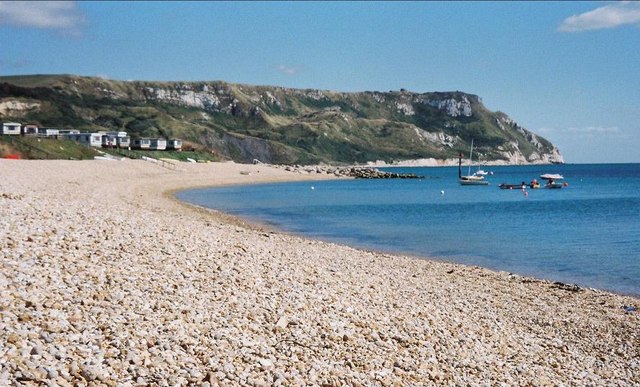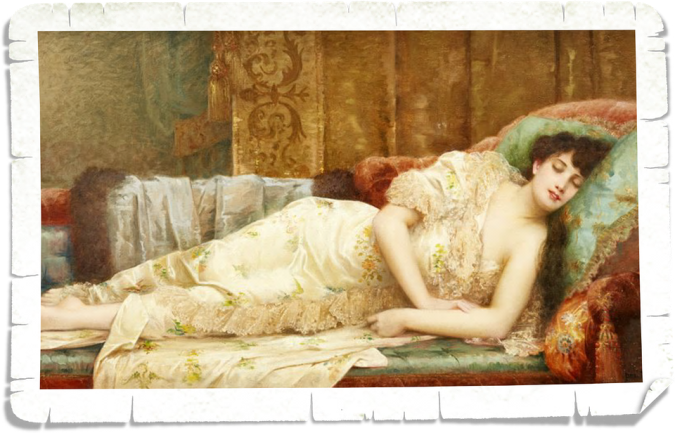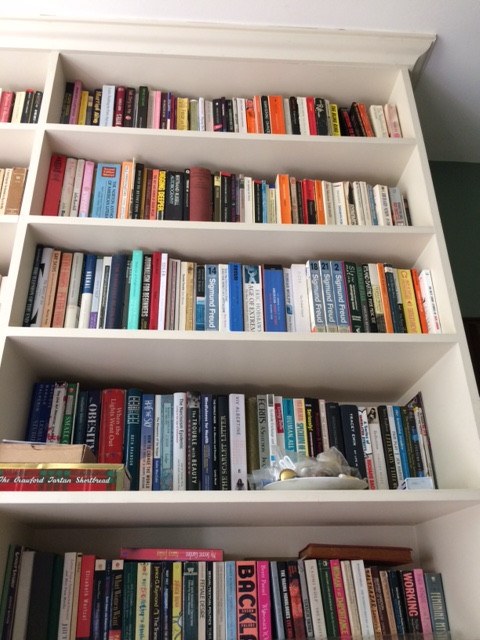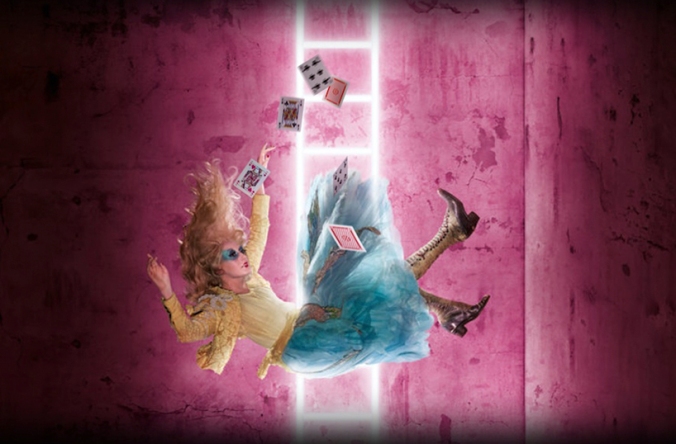At Christmas, like many other families, we had Spotify playlist wars. Would it be worth investing in their friends and family package, or does everyone quite enjoy moaning about my Jazz-Folk fusion? We are lucky to have it on multiple devices on three floors, but is there any fair way of deciding who gets to play what when? As things stand it’s a question of who shouts the loudest, so J’s tunes never get any airtime.
When I’ve had a few drinks, I have been known to proselytize about ‘80s pop with tracks to support the case. Or demand the Speed Garage classics that remind me of cruising around London in my Saab convertible in the ‘90s. My husband thinks that I should be able to wait my turn. He remembers what it was like to be a teenager wanting to hear the same song over and over again. Accordingly, A has the right to insist on Shawn Mendes or Eminem when the mood takes her.
My husband’s playlist is short and unrepresentative of his character as he had neither the time nor the inclination to work on it. I made him one as a 50th birthday present but never got to hear it at his party. Many of his guests brought playlists then argued with each other, like the children do, about whose turn it was. I kept asking him to assert his authority but he refused to get involved, which was very grown-up of him.
I’ve been to a few parties during the festive period. ‘Fairy Tale of New York’ by The Pogues is the only song that everyone is always happy to hear.
When A was at football the other day, I let J play the Barden Bella’s version of Britney Spears’ Toxic from ‘Pitch Perfect 3’ multiple times, which would be bad enough if J played the song all the way through, but he has a short attention span. Like all the children I know, he can’t listen to a whole song. I used to be worried because they wouldn’t listen to albums, but now, getting them to listen to a three minute pop song without going back to the beginning or skipping to the next track is a challenge.
I’m disappointed to see that J’s taste has become quite mainstream. I used to be in a Folk choir and J always came to my concerts. He always sat in the same place where I could see him from the back of the back row, and his presence was very encouraging. I can’t sing very well, but as long as J was there I felt like a Folk legend with a voice like a dulcimer.
Not for the first time, I was proud of J’s sophisticated tastes. We went to a few Folk gigs with my choir friends. J was always the youngest person there by forty years and he wrote a fan letter to our inspirational choir leader. We made a CD, ‘Twice Good Morning’, a year or so ago, which J played every night before he went to sleep. His favourite song was Bedlam Boys, the thrillingly inappropriate 16th Century song about madness.
‘To cut mince pies from children’s thighs
With which to feed the fairies..’
I stopped going to choir a couple of months ago when I couldn’t keep up with managing the homework or the logistics. It didn’t happen overnight, but rehearsals became more difficult. We learned our parts by ear, and the songs started slipping away. I asked J if he wanted to come with me to the choir’s Christmas concert ‘A Festive Gathering’ at Cecil Sharp House for old-time’s sake. He agreed, then changed his mind a couple of hours before we were due to leave, ‘It’s going to be so boring.’ ‘We can leave after the interval then,’ I said. It was pouring with rain, but we made it there in time. Mercifully, there were no Morris dancers in the programme this year, but J wanted to leave before the interval. It turns out that he only liked the choir when I was part of it. He is a fan of me, not a fan of Folk.
It occurred to me that he may not be a ballet fan either. I keep taking him to The London Coliseum to see classical ballets performed by the ENB. He always wriggles…why wouldn’t he? There are ballets aimed at children but we feel patronised by the publicity for them. It might be time to reassess: if he can’t sit through a TV programme without fidgeting, why am I subjecting him to Giselle?
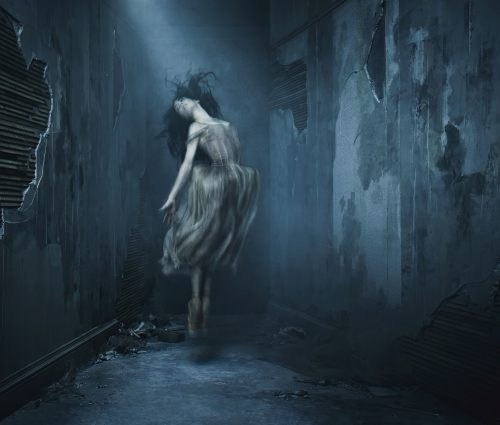
English National Ballet – Giselle
My brother let me play my playlist when he visited on the 30th, but I wasn’t forcing him. When we were growing up, Bob Dylan was the official soundtrack in our family home, and Daniel’s surreal records were tolerated but not encouraged. I found Frank Zappa so annoying that I tried to argue him out of it. On one famous occasion, listening to Baby Snakes by Zappa actually made me cry.
My father Murphy didn’t like music apart from The Swingle Singers and some Smooth Classics like Beethoven’s 9th and the Hallelujah Chorus. We were all surprised when my stepmother chose Elton John’s Rocket Man for the committal at his funeral. Reflecting on it now, I think the incongruous effect was (unintentionally) Murphyish.
I’m proud of my current playlist which is eclectic and inclusive. There’s something for everyone. It would have taken 35 hours to play it from beginning to end, and I was ready to stay up all night when Dan was here. But it wasn’t New Year yet and he was trying to pace himself. He was an appreciative audience – he kept asking what the songs were — but we ended up agreeing to disagree about Folk. Number 6 on my playlist is ‘Lovely on the Water’, the Steeleye Span version of one of my choir songs. But Dan hates Folk and I was happy to skip to something more Danielish. I’m pleased to say my taste is no longer enforceable.


